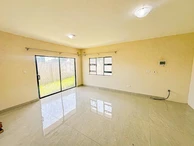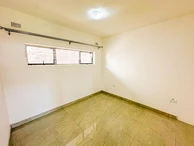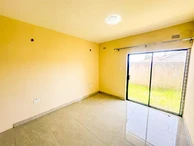 Continue with Facebook
Continue with Facebook
 Continue with Email
Continue with Email
 Continue with Facebook
Continue with Facebook
 Continue with Email
Continue with Email
 Sign up with Facebook
Sign up with Facebook
 Change filters
Change filters
 Requests
Requests




 2
60 m²
2
60 m²

 2
2
 1
80 m²
1
80 m²

 1
1
 1
40 m²
1
40 m²

 2
800 m²
2
800 m²

 2
2
 1
65 m²
1
65 m²

 1
1
 1
100 m²
1
100 m²

 1
1
 1
50 m²
1
50 m²

 2
2
 1
120 m²
1
120 m²
Properties for sale in Ashdown Park, Harare West, offer affordable options with an average price of $130,000. The median land area is about 540 ㎡, while the median property size is around 100 ㎡. Larger properties can reach up to 3,000 ㎡ in building size and 5,000 ㎡ in land area, providing a variety of choices for buyers.
Many homes in Ashdown Park feature good ZESA power supply, sewer systems, and boreholes, ensuring reliable utilities. Common property features include verandahs, tiled floors, and walled compounds, which contribute to comfortable and secure living environments. These homes typically suit families and professionals looking for practical and well-maintained residences.
Ashdown Park is a quiet, family-friendly suburb with tree-lined streets and a low-density layout. It is close to the Harare Botanical Gardens and other parks, offering green spaces for outdoor activities. The area has access to reputable schools and healthcare facilities, making it suitable for families. Shopping needs are met by nearby markets and larger retail centers like Avondale Shopping Centre and Westgate Shopping Mall. Good road connections and public transport options make commuting to the city center and other suburbs convenient.

 2
2
 1
60 m²
1
60 m²

 2
2
 1
100 m²
1
100 m²

 4
4
 3
350 m²
3
350 m²


 2
2
 1
60 m²
1
60 m²

| Property Size | Avg. price |
|---|---|
| Average price | $130,000 |
Navigate Zimbabwe’s property market with confidence by mastering the high-stakes differences between freehold and leasehold ownership. Our 2026 analysis details
Stop letting your spare rooms gather dust and start letting them pay your mortgage. House hacking is the 2026 blueprint for affordable homeownership in Zimbabwe
Don’t let your property or car go "underwater" just as the market shifts. Master the art of navigating negative equity in Zimbabwe’s 2026 economy by balancing
Build long-term equity with a customizable condo or prioritize flexibility in a professionally managed apartment. Compare 2026 ownership costs
Duplexes offer the villa lifestyle with a 7–10% rental yield in Harare’s 2026 market. Discover why these multi-level homes are the smarter, spacious alternative